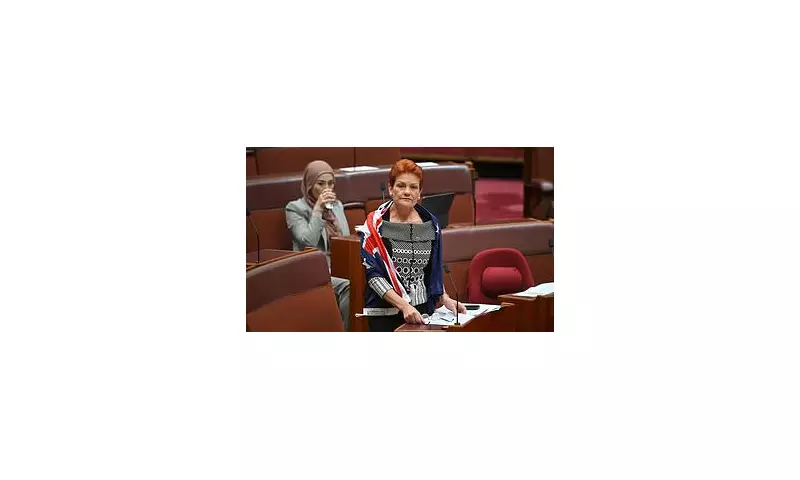
In a move set to ignite fierce national debate, Senator Pauline Hanson and her One Nation party have launched a radical blueprint to fundamentally reshape Australia's federation. The centrepiece of their new policy, dubbed 'One Nation, One Law', is the complete abolition of state governments.
The controversial proposal aims to centralise power, dismantling the current three-tiered system of federal, state, and local government. It envisions a simplified two-tier structure: a strong national government in Canberra and a network of powerful regional councils handling localised delivery of services.
A Nation Reorganised: The New Proposed Structure
Under the bold plan, Australia would be redrawn into approximately 30 regional administrations. These new bodies would be responsible for implementing policies set by the federal government in key areas that are currently state-dominated, including:
- Healthcare: Management of hospitals and health services.
- Education: Oversight of schools and educational curricula.
- Law Enforcement: Local policing and community safety.
- Transport & Infrastructure: Maintenance of roads and public transport.
Senator Hanson argues that the existing state system is a "wasteful and inefficient duplication" that stifles national progress. "We are one nation, and we should be governed by one set of laws," she stated, claiming the overhaul would save taxpayers billions of dollars annually by eliminating bureaucratic red tape and harmonising regulations across the continent.
The Long Road to Reform
Recognising the monumental challenge, the plan acknowledges that change cannot happen overnight. One Nation proposes a gradual, decade-long transition period to allow for the careful transfer of powers and assets from the states to the federal and new regional bodies.
The most significant hurdle is constitutional. Abolishing the states would require a successful referendum, a historically difficult feat in Australia. The party would need to secure a double majority—a majority of voters nationwide and a majority of voters in a majority of states.
This isn't the first time such an idea has been floated in Australian politics, but it is the first time a federal political party has adopted it as core policy. The move is seen as a bid to solidify One Nation's base and distinguish itself from other parties ahead of future elections.
Political analysts are already predicting a vehement backlash from state premiers and those who argue that state governments provide a crucial check on federal power and better represent diverse regional needs. The debate over 'One Nation, One Law' is poised to become a defining feature of the national political conversation.





